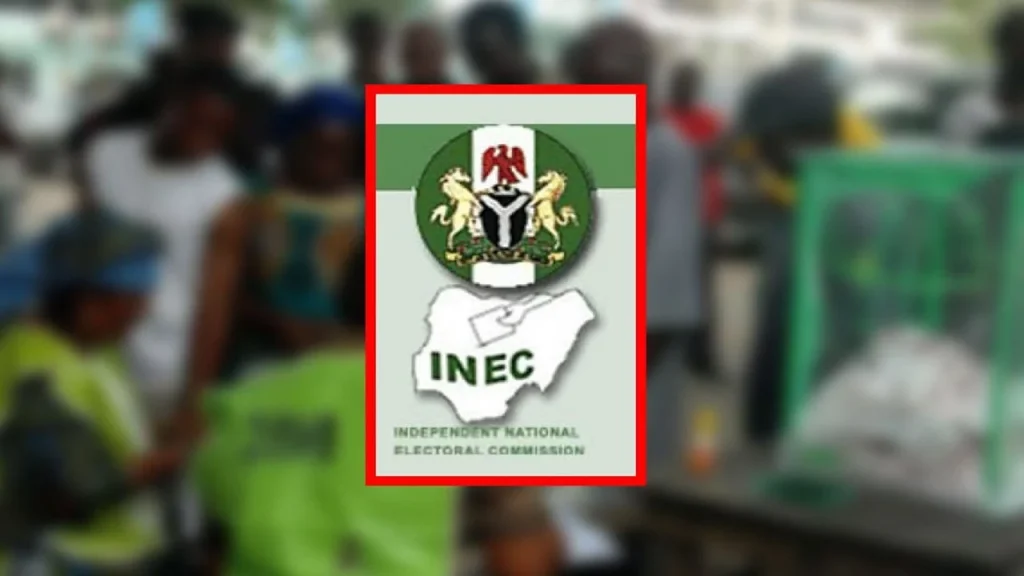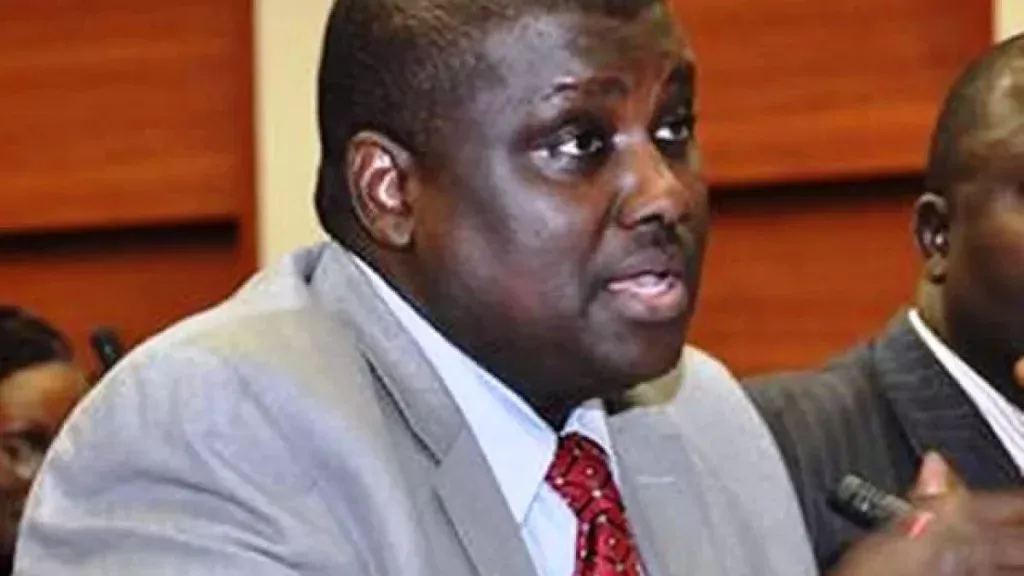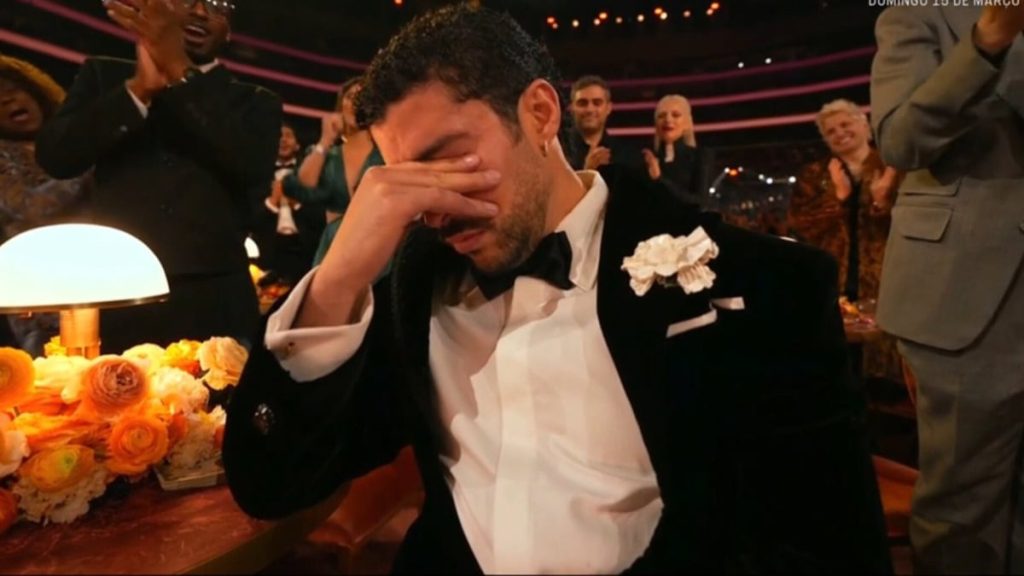Climate Change: Developing Nations Urge Swift Action on Disaster Relief Fund
As devastating floods and hurricanes wreak havoc across the globe, developing nations are warning that they cannot wait another year for long-sought aid to recover from disasters. The call comes as a meeting of the "Loss and Damage" Fund, established in November, concludes on Friday, with concerns that it may not be able to approve climate aid until 2025.
"We cannot wait until the end of 2025 for the first funds to get out of the door. Loss and damage aren’t waiting for us," Adao Barbosa, a board member from East Timor and a long-standing negotiator for the world’s poorest nations, told AFP.
The fund, which aims to distribute aid to developing countries to rebuild in the wake of climate disasters, was hailed as a major diplomatic breakthrough at the United Nations COP28 summit last November. However, complex negotiations are ongoing to finalize the fund’s design, with some countries worried that it may not move at a pace or scale that matches the tempo of extreme-weather disasters.
The urgency of needs of vulnerable countries and communities cannot be left until we have every hair in place for this fund," Barbosa emphasized. Damage bills for climate disasters can run into the billions, and there is barely enough cash set aside for loss and damage at present to cover just one such event, experts say.
This year has witnessed a string of catastrophes on multiple continents, from floods and landslides to heatwaves and wildfires. Delegates met in South Korea for the second meeting of the loss and damage fund this week as Hurricane Beryl left a trail of destruction across the Caribbean and North America.
The "massive" destruction witnessed in recent weeks "puts immense pressure on us to deliver on our work," South African co-chair of the board steering the negotiations, Richard Sherman, said at the meeting.
In an appeal for faster action, Elizabeth Thompson, a board member from Barbados, said Hurricane Beryl alone had caused "apocalyptic" damage worth "multiple billion dollars." She described the devastating impact on the five islands of the Grenadines, where 90% of housing has been destroyed.
"We cannot keep talking while people live and die in a crisis that they do not cause," Thompson said.
The fund needs to reflect "the urgency and the scale required to respond to… the risk, the damage and the devastation faced by people across the world who need this fund," Thompson emphasized.
Wealthy nations have so far pledged around $661 million to the loss and damage fund, with South Korea contributing an additional $7 million at the start of this week’s meeting. However, this amount would hardly cover the likely losses from one major climate-related disaster, according to Camilla More of the International Institute for Environment and Development.
Some estimates suggest developing countries need over $400 billion annually to rebuild after climate-related disasters, with one study putting the global bill at between $290 billion and $580 billion a year by 2030 and rising after that. In one example, unprecedented flooding in Pakistan in 2022 caused more than $30 billion in damages and economic losses, according to a UN-backed assessment.
Developing nations had been pushing for a specific fund to distribute aid to recover from climate impacts for 30 years, and the agreement struck in November was hailed as a major diplomatic breakthrough. However, ActionAid’s Brandon Wu emphasized that "we can’t have a fund without money."
Technical discussions are taking place this year over the details of the loss and damage fund, including with the World Bank, which will house the fund on an interim basis. The Philippines has been chosen to host the fund’s board.
Contentious discussions remain to decide how the money is allocated and in what form it should be made available to countries. On Tuesday, more than 350 nongovernmental organizations sent a letter to the fund’s board demanding that a substantial share of the money be made directly available as small grants to local communities and Indigenous groups.



